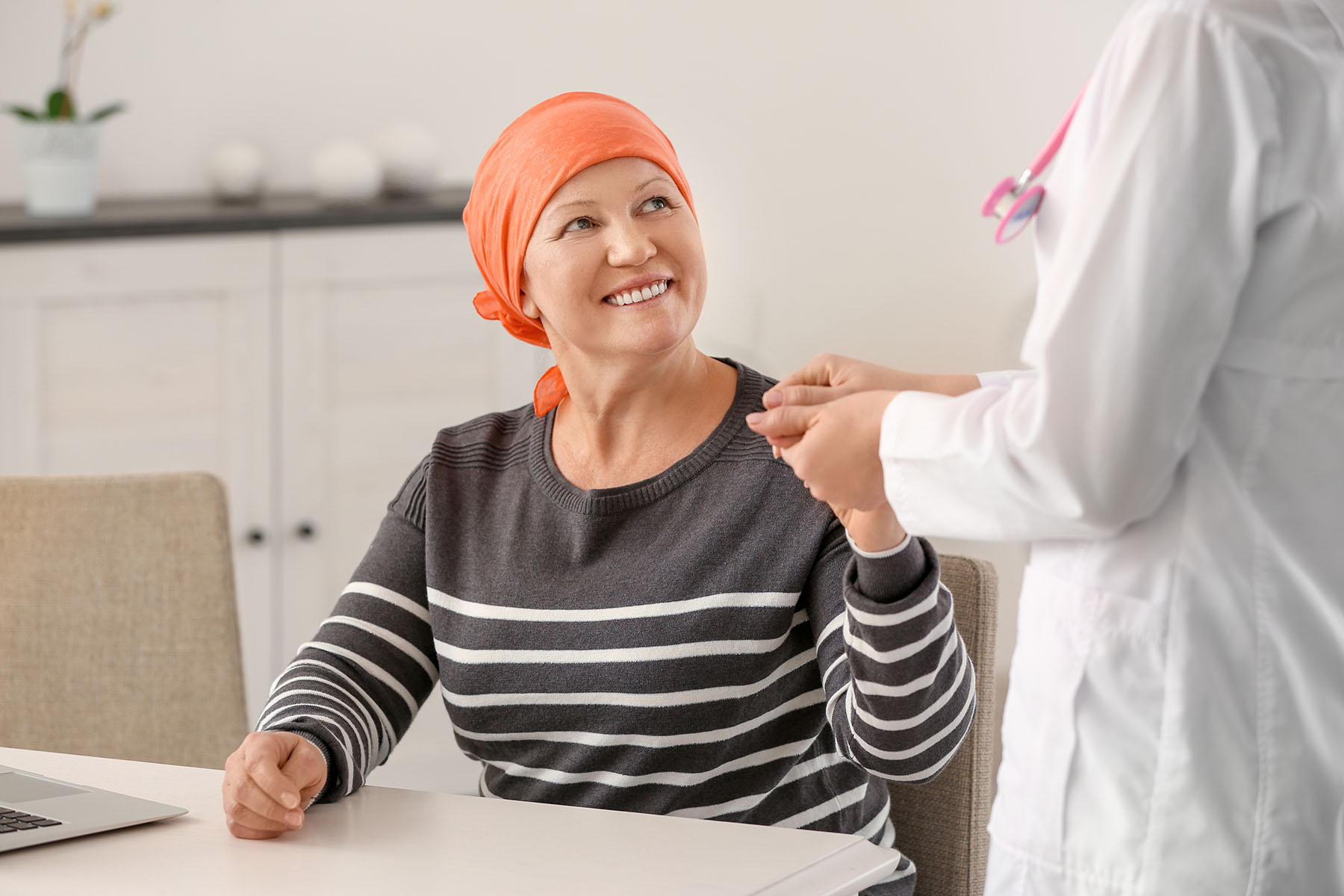Cancer-support programs provide vital assistance to patients and their caregivers as they face one of the toughest times of their lives. Yet while patients are interested in these programs, new survey data suggests they aren’t taking advantage of them.
Results from 825 patients diagnosed with or treated for cancer who were surveyed on Phreesia’s PatientInsights platform as they checked in for their doctors’ appointments revealed that few cancer patients are accessing the support resources available to them: Just 15% of polled patients said they had used patient-support programs, 79% had not used such programs, and 6% weren’t sure.
Patients Want More Support
Low support-program usage, however, is not due to low patient demand. Among polled patients who had never accessed a cancer-support program, education about cancer treatments and their side effects (33%), as well as information to help them better understand their cancer (32%) topped the list of resources they wished they had received. Self-care help (24%) and guidance for spouses and caregivers (22%) were the next two most-requested resources.
Instead, the issue might be poor awareness of cancer-support programs, says Shubh Goel, Vice President and U.S. Franchise Head for Immuno-oncology and Gastrointestinal Tumors at AstraZeneca. “We know that patients are receptive to support programs, but if they don’t know about these programs or don’t know how to access them, they don’t get the same benefits,” she says.
Getting support resources into cancer patients’ hands is critical to optimizing their health outcomes, studies show. Researchers have linked self-care education1 and care toolkits2 to better physical and mental health among patients, as well as reduced pain perception and fatigue.
Meet Patients Where They Are
To expand patients’ awareness of the cancer-support resources available to them, “We try to meet them where they are by personalizing our outreach efforts to connect them with programs that will make an impact,” Goel explains.
Promoting inclusion and helping patients feel represented is a key part of that approach. “We’re working to actively remove some of those barriers, whether that’s addressing unique cultural issues, sharing content in multiple languages or reaching people with disabilities,” Goel says. “We’re committed to serving the entire patient community.”
Another way to meet patients where they are is to reach them where they’re already looking for information—and fortunately, many cancer patients are actively searching for disease-related resources and education. Nearly 7 in 10 surveyed patients (69%) said they had sought resources beyond their healthcare provider to get more information about their cancer. Online searches (48%), general cancer websites (36%), and specific cancer websites (32%) were cited as their most-accessed resources.
“Patients are more empowered than ever, thanks to technology and social-media platforms where they can find answers about their disease and treatment,” Goel says. With that in mind, she recommends using simple and direct messaging on those platforms that reflects cancer patients’ reality and helps to build health literacy.
Personalize Outreach
As Justin Holko, Vice President and Head of the Global Oncology/Hematology Commercial Business Unit at Regeneron, points out, knowing your patients as well as you can also is key to maximizing the effectiveness of cancer-support outreach. He uses cutaneous squamous cell carcinoma as an example: Most patients with the condition are older, which makes them less likely to be on social media than individuals with cancers that tend to strike earlier in life.
Regeneron also considers cancer patients’ geographic location. Holko notes that the best ways to reach patients and know what types of messages will resonate with them will differ between, for example, rural Ohio and New York City.
“It really comes down to understanding who your patients are and using every channel available to you to reach the right patient at the right time in a very personalized way,” Holko says.
References:
1. Wang, Z., Yin, G. & Jia, R. “Impacts of Self-care Education on Adverse Events and Mental Health Related Quality of Life in Breast Cancer Patients Under Chemotherapy.” Complement. Ther. Med. 43, 165–169 (2019).
2. Stoerkel, E. et al. “Effectiveness of a Self-Care Toolkit for Surgical Breast Cancer Patients in a Military Treatment Facility.” J. Altern. Complement. Med. 24, 916–925 (2018).








